Podcast: Play in new window | Download (Duration: 53:25 — 98.1MB)
Also important for Cardiovascular Health

In this interview Neil Levin discusses three core nutrients for both bone health and cardiovascular health. The science is compelling regarding the important benefits of calcium and vitamins D and K. However there is still a great deal of confusion surrounding these nutrients. Neil and I strive to demystify some of the confusion.
Older consumers like Neil and myself who go way back can remember when times and supplements were very different. Back in the 70s and 80s the main sources of calcium were cheap calcium carbonate, dolomite limestone and bone meal. We knew we needed calcium and these were some of the first supplement forms to become readily available. We now know much more about supplement forms, proper dosages and how nutrients work together. These nutrients has been misunderstood in the past and still even to this day. This interview will clarify some of the confusion.
What about calcium?
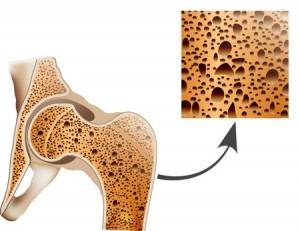 The challenge is to get adequate calcium, be able to break it down, then assimilate and utilize the calcium where it is needed (bone) and keep it out of tissues where it is not desirable (arteries).
The challenge is to get adequate calcium, be able to break it down, then assimilate and utilize the calcium where it is needed (bone) and keep it out of tissues where it is not desirable (arteries).- Calcium is calcium regardless of the type. However not all calcium supplement forms are equal in assimilation in the body. Some calcium forms are difficult for the body to utilize and others are much easier. It is what gets into your bloodstream that matters.
- Calcium does not function in isolation in the body. Simply taking more calcium to build bone is not likely to work. Other nutrients are also required. (Think vitamins D and K and other nutrients).
- The amount of calcium being recommended is changing. When we account for the calcium in our diets, most of us will need to augment our diet with calcium supplements.
- The old advice that women should just take more calcium for bone health is wrong and doesn’t solve the problems with bone loss.
- Common current recommendations for calcium supplementation are between 500 mg and 800 mg in addition to your diet.
- Acid blocking medications negatively affect calcium breakdown and absorption. (other minerals also)
Neil also discusses the importance of magnesium as part of the equation. Remember that most nutrients work together with other nutrients to provide multiple benefits. When considering either bone health or cardiovascular health, look at each nutrient for its particular benefit. This is why combination formulations are popular.
What about vitamin D?
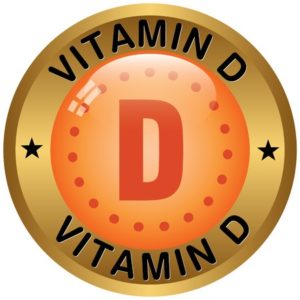 We just don’t get enough vitamin D. We stay out of the sun and we wear sunscreen, or we live too far north to get much D year round.
We just don’t get enough vitamin D. We stay out of the sun and we wear sunscreen, or we live too far north to get much D year round.- There are two forms of vitamin D – D2 and D3. D3 is the most common supplemental form.
- Vitamin D is actually a hormone that is critical for health throughout the body.
- Currently nutritionists often recommend between 2000 IU and 10000 IU daily of vitamin D-3
- The best way to establish how much vitamin D you need is to have your vitamin D blood levels tested. A good value would be 50 to 80 ng/ml.
What about vitamin K?
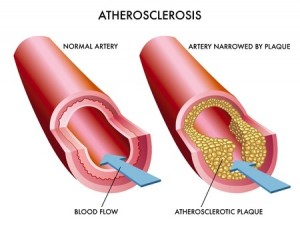 There are two primary supplemental forms of vitamin K – K1 and K2.
There are two primary supplemental forms of vitamin K – K1 and K2. - K1 (phylloquinine) is found in plant foods such as spinach, lettuce and broccoli.
- Vitamin K1 is involved in blood clotting.
- There are two primary supplemental forms of vitamin K2 – MK4 and MK7.
- K2 as MK-4 (menatetrenone) – this is the form of vitamin K that is found in animal foods such as meat and dairy if the animals were given vitamin-fortified feed.
- K2 as MK-7 (megaquinone-7) – this is the form of vitamin K that is found in certain fermented foods such as natto. (Cheeses typically contain K2 as MK-8 or MK-9, which are not common supplemental forms, rather than MK-4)
- Vitamin K2 does not tend to affect blood clotting as directly as K1 does.
- K1 is more common than K2 in supplements, and MK-4 is the typical form of K2 used in supplements. MK-7 is always called out on labels as a specialized form of vitamin K2.
- K2 is what your want for bone and arterial health.
- The huge benefit of vitamin K2 is that transports calcium to the bones AND it helps keep calcium out of your arteries. It is this duel benefit that makes vitamin K2 such an important nutrient, especially for women. K2 builds bone and reduces cardiovascular risk.
Building a nutritional program that works
These three nutrients are good examples of both the potential benefits and possible pitfalls of nutritional supplementation. The benefits are that the body can repair and restore structure and function when given the proper nutrients consistently over time. You must choose wisely when picking your supplements. Choose carelessly and you will likely be disappointed in the results, if any.
Remember, you are not treating disease. You are nourishing your body. Proper nutrition, food and supplements, allows the body to function more normally and to repair and restore. In the case of bone health, calcium provides one benefit, vitamin D another and vitamin K2 a third. It is the same with other important bone support nutrients. Each nutrient is important and unique. Added together the benefits to the body can be astounding.
About Neil Levin
Neil E. Levin, CCN, DANLA is the Senior Nutrition Education Manager and a product formulator for NOW Foods. He is a board-certified clinical nutritionist with a diplomat in advanced nutritional laboratory assessment. The U.S. Natural Products Association (NPA) presented Neil its Industry Champion Award in 2008 for “people who have made notable individual contributions to the natural products industry above and beyond what is expected to achieve commercial success.”
Neil’s interviews and articles are published in magazines and newspapers. He has been featured in many radio interviews and television news reports. Neil blogs at www.honestnutrition.com; is on Facebook (Honest Nutrition) and Twitter (neilelevin).




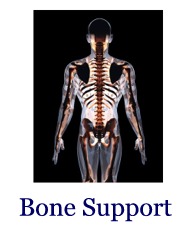


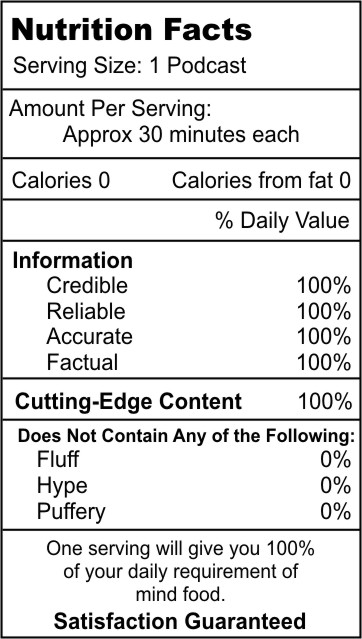




{ 0 comments… add one now }